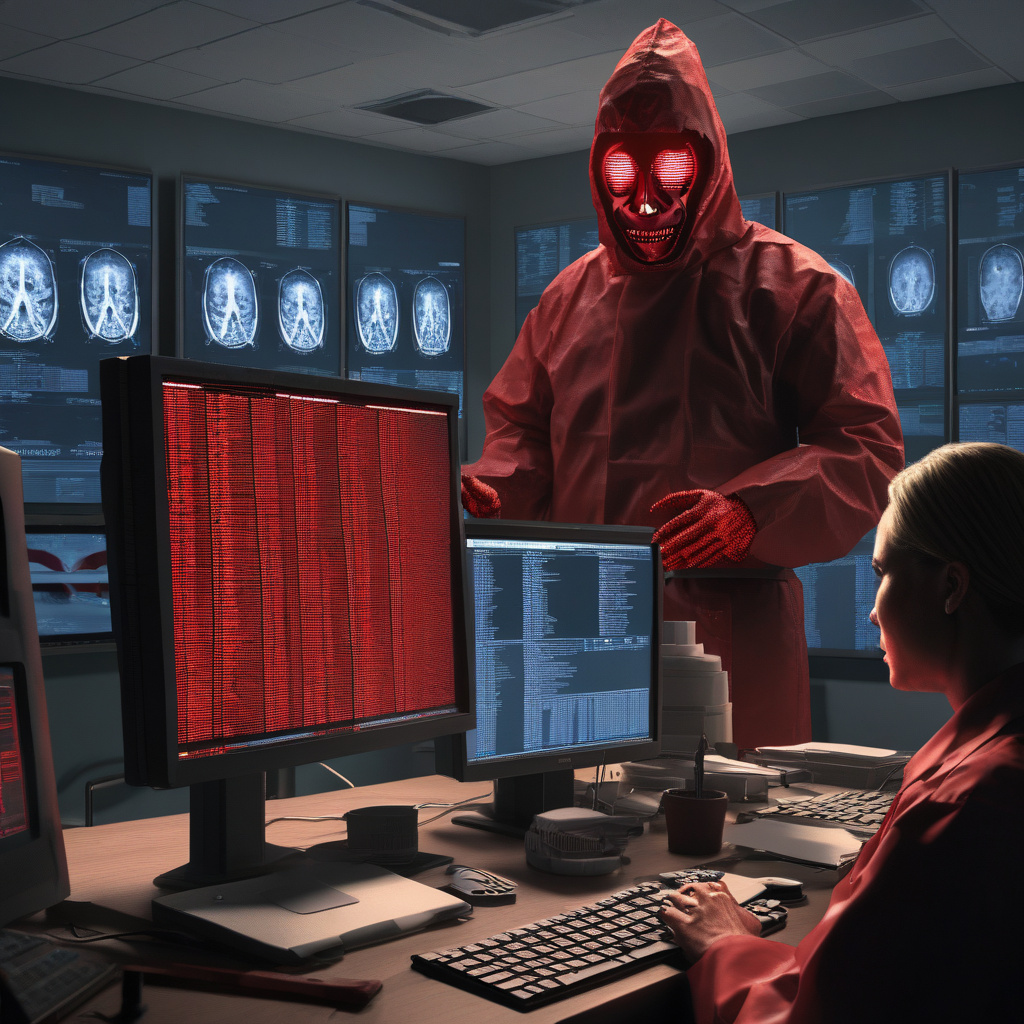Ransomware Attack at DaVita Exposes Data of 2.7 Million Patients in the US
The recent ransomware attack on DaVita, a leading provider of kidney care services in the United States, has sent shockwaves through the healthcare industry. The breach exposed the sensitive data of 2.7 million patients, raising concerns about the security of personal information in the digital age.
Despite the severity of the attack, DaVita acted swiftly to mitigate the impact on its patients and operations. The company reassured the public that patient care remained uninterrupted across its network of nearly 3,000 clinics. DaVita also took proactive steps to notify affected individuals about the breach and offered free credit monitoring services to safeguard their financial information.
This incident underscores the growing threat of ransomware attacks targeting healthcare organizations. Cybercriminals are increasingly targeting the healthcare sector due to the sensitive nature of the data it holds and the potential for financial gain. As a result, healthcare providers must prioritize cybersecurity measures to protect patient information and maintain trust in their services.
One of the key lessons from the DaVita ransomware attack is the importance of having robust backup and recovery systems in place. By regularly backing up data and storing it securely, organizations can minimize the impact of a ransomware attack and ensure business continuity. In the event of a breach, having backup copies of data can help organizations restore their systems quickly and avoid paying a ransom to cybercriminals.
Furthermore, healthcare providers must invest in employee training and awareness programs to educate staff about cybersecurity best practices. Human error remains one of the leading causes of data breaches, with employees inadvertently clicking on malicious links or falling victim to phishing attacks. By training staff to recognize and report suspicious activity, organizations can reduce the risk of a successful cyber attack.
In addition to internal measures, healthcare organizations should also collaborate with cybersecurity experts to conduct regular risk assessments and penetration testing. By identifying vulnerabilities in their systems and addressing them proactively, organizations can strengthen their defenses against cyber threats and enhance their overall security posture.
The DaVita ransomware attack serves as a wake-up call for the healthcare industry to bolster its cybersecurity defenses and protect patient data from malicious actors. By implementing proactive security measures, investing in employee training, and collaborating with cybersecurity experts, healthcare providers can reduce the risk of data breaches and safeguard the trust of their patients.
In conclusion, the ransomware attack on DaVita highlights the urgent need for healthcare organizations to prioritize cybersecurity and strengthen their defenses against evolving cyber threats. By taking proactive steps to secure patient data and enhance their security posture, healthcare providers can safeguard their operations and protect the privacy of millions of individuals.
#RansomwareAttack #Cybersecurity #HealthcareDataBreach #PatientPrivacy #DataSecurity
